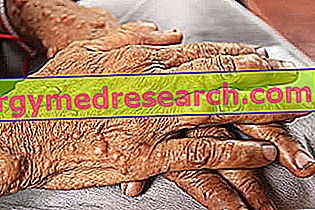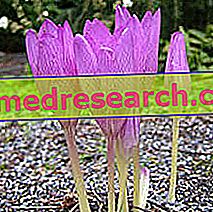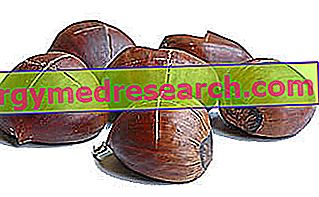Ruscogenine: What are they?
Ruscogenins are the active ingredients contained in the rhizome of Ruscus aculeatus, better known as rusco or butcher's broom . These are steroidal saponins, among which ruscogenin and neuruscogenin stand out for their activity and concentration; overall they represent about 6% by weight of the rhizome.

Property
The main indications of ruscogenins, both for internal and topical use, are related to the treatment of rectal diseases, such as anal fissures, internal and external hemorrhoids and proctitis. The vasoprotective, anti-inflammatory and anti-edema activity of ruscogenins is well known, which:
- induce constriction of the venules without appreciably affecting the arterioles; this effect would be mediated, at least in part, by the ability of ruscogenins to activate alpha-adrenergic receptors, from which the vasoconstrictive action derives, with a consequent increase in venous and lymphatic return;
- inhibit the permeability of the venous bed following local inflammation;
- they have anti-elastase activity (enzymes that attack the endothelium of the vessels and the extracellular matrix, weakening the structure);
- in addition to ruscogenin and neuruscogenin, another saponin that can be isolated from holly extract, aculoside A, has shown an inhibitory activity on adenylate cyclase with an anti-vasodilatory effect.
Indications
In addition to the treatment of the previously listed rectal diseases, ruscogenins therefore find application in the presence of:
venous insufficiency and related symptoms (sense of pain, heaviness, swelling, itching and tiredness of the lower limbs);

Mode of use
For internal use, it is normally recommended to take ten milligrams of ruscogenine a day, taking them as such or ingesting standardized butcher's-broom extracts. Less effective is the use of ruscan teas, indicated if you want to obtain a more bland effect; they should be prepared as a decoction bringing to boil 10-15 grams of dried rhizome in 250 ml of water (take twice a day).
In addition to specific supplements - mostly in the form of dried lyophilized pungitopic extracts - ruscogenins are found in various commercial preparations such as Ruscoroid, Vasotonale, Toniven, Riscoven and many others, to be used as described on the label and in the package insert.
Side effects
Rusco-based preparations have not shown any significant side effects, except for very rare reports of gastric disorders.
Like ruscogenins, they are not recommended for use in pregnancy and lactation.



